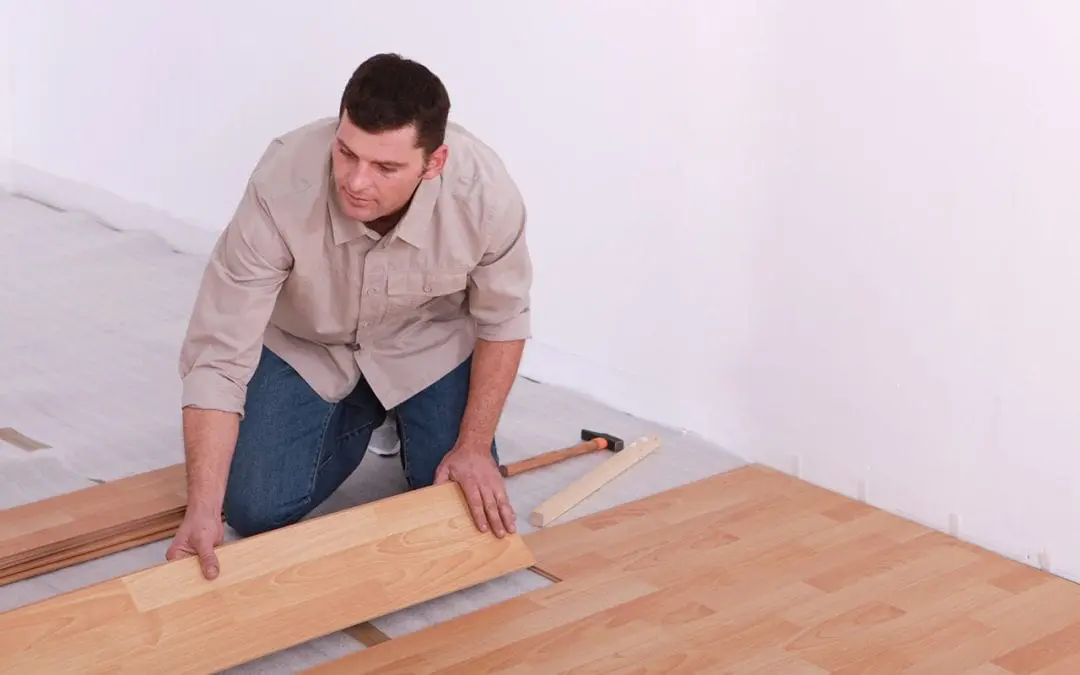When you are renovating or building a new home, you’ll have many decisions to make. One of these decisions is which type of flooring to use in each room. Here is an overview of 5 different flooring materials that are commonly available.
Hardwood Flooring
Hardwood flooring is considered the most appealing and classic flooring material. Some popular hardwoods are oak, maple, and exotic species like acacia. It can be cut into wide planks or narrow strips and stained a variety of shades.
When hardwood shows wear and tear, it can be refinished and restored. Many hardwood suppliers offer a 50-year warranty. Hardwood flooring will add value to the home and is preferred by homebuyers.
Engineered Hardwood
The difference between hardwood flooring and engineered hardwood is that the latter is composed of a hardwood veneer bonded to high-quality plywood. They look almost identical on the surface but differ in price and maintenance.
While solid hardwood floors can be refinished multiple times over the course of their lifespan, engineered hardwood can only be refinished once as the surface is thinner. You’ll save some money by going with engineered hardwood and achieve a similar aesthetic.
Vinyl Flooring Materials
Modern advancements in vinyl flooring have made it a convincing substitute for both hardwood and tile flooring. One of vinyl’s main advantages is that it is 100% waterproof, making it a smart choice for kitchens, bathrooms, and laundry rooms. The installation is easier than wood floors, so you’ll spend less money on both materials and labor.
Tile
Tile is a classic flooring option for kitchens and bathrooms. Before the arrival of waterproof vinyl, tile flooring was the preferred water-resistant option. Ceramic tile flooring has great durability, lasting up to 100 years. Grouting tile is labor-intensive and ceramic and porcelain tiles are very expensive flooring materials.
Carpet Flooring Materials
Carpeting is a cozy flooring option for bedrooms and is a popular choice for families with young children. The downsides to carpeting are that it traps dust and debris and is absorbent. If something is spilled on the carpet, it may stain and sink into the underlayment. If the carpet is not promptly dried thoroughly, it will be susceptible to mold and mildew growth.
JBS Home Inspections provides home inspections on new construction and pre-existing homes. Contact us if you are having a home built in the Boston area.

